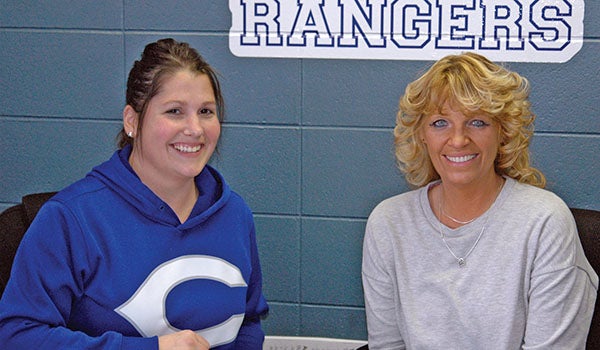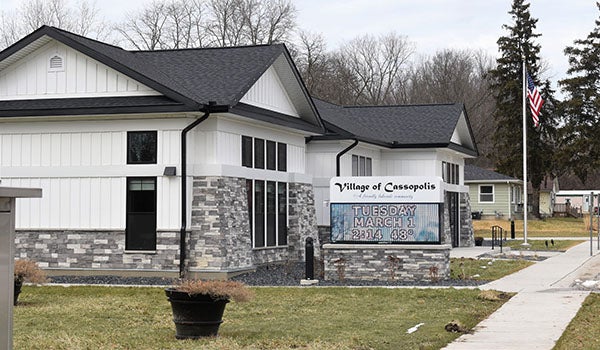Cassopolis schools apply for coffee shop grant
Published 1:41 pm Thursday, January 25, 2018
CASSOPOLIS — There are few things more relaxing than sitting down, book in hand, to enjoy a hot beverage at the local coffee shop.
While Cassopolis currently has no true coffee shop in its downtown for people to experience, officials are working to change that, with the help of the village’s students.
Cassopolis Public Schools, in conjunction with the village of Cassopolis, recently applied for a $100,000 rural development grant which would be used to create a student designed and managed coffee shop.
“We want to create a place-making space for the community, for students, for business leaders, for people travelling through,” said Brooke Brawley, an employee who helped write the grant proposal. “We want to make a space where people can gather and spend time together. It would increase our rural capacity in a way that would change things in the village and in the county.”
Cassopolis Public Schools Superintendent Angela Piazza said that, should the district be awarded the grant, Cassopolis students would be involved in every aspect of the coffee shop, from providing input on the locatation and design to the business side of the shop, including doing inventory and choosing products to serve.
As part of recent changes toward more hands-on learning in the district’s curriculum, Piazza plans to treat the coffee shop as an educational, classroom experience, which would comply with state standards.
“We’ve been wanting to move toward more project-based learning and this would be our kickoff project,” Piazza said. “Most people would build up to something like this, but we want to go in full force.”
The coffee shop would serve as a way to teach students about the soft skills, such as communication, collaboration and goal setting, needed in the business world that cannot be taught through a textbook, Piazza said.
“We want kids to walk out [of Cassopolis Public Schools] ready for the business world,” Piazza said. “There are many pieces of curriculum that we can incorporate [into the coffee shop]. There will be science involved. There will be math involved, building and construction and technology. The kids will be involved in all the aspects of keeping a business and running a business, including marketing and customer service. There are tons of educational opportunities here.”
Brawley added that the coffee shop would teach students about entrepreneurship, while also getting them actively involved in the community in which they live.
“We want to get kids invested in the community,” Brawley said. “They might go out to university, but decide to come back and contribute to the future development of Cassopolis. Then, they will already be able to say that they have helped build a business from the ground up.”
Though the school district would use the grant to create a learning opportunity for the children of Cassopolis, the true goal of the coffee shop project, should the village be awarded the grant, would be to better the community, as the grant is a rural development grant, not an educational grant.
“When I first came to Cassopolis, I drove through looking for a coffee shop. Then I would ask people, ‘where’s the coffee shop?’ and they would laugh and say, ‘we don’t have one. We need one. We need a place people to meet and sit down, maybe collaborate and have a business meeting,’” Piazza said. “We thought, ‘what better way to bring one than have the students design that.’ … We think this could be of great value to our community.”
Village Manager Emilie Sarratore, who worked with Brawley and Piazza on the grant, said she is fully on board with the project.
Both Brawley and Piazza said that they are hopeful that they will be awarded the rural development grant and that now is the right time to make something like this happen with all the developments the Cassopolis has planned for 2018, including Imagine Cass and the village’s new masterplan.
“Things are changing both in the village and in the schools with our new superintendent and her vision,” Brawley said. “This is 21st Century learning. It’s relevant. It’s new. It’s time.”







